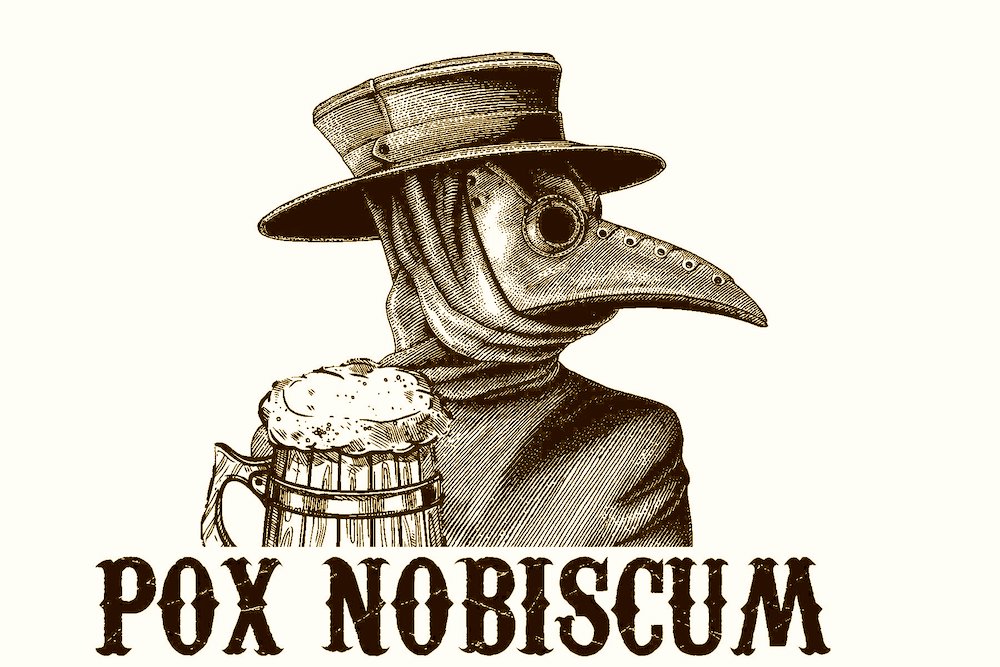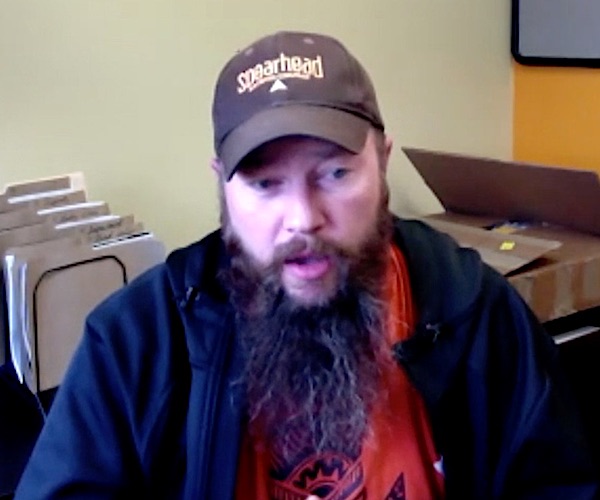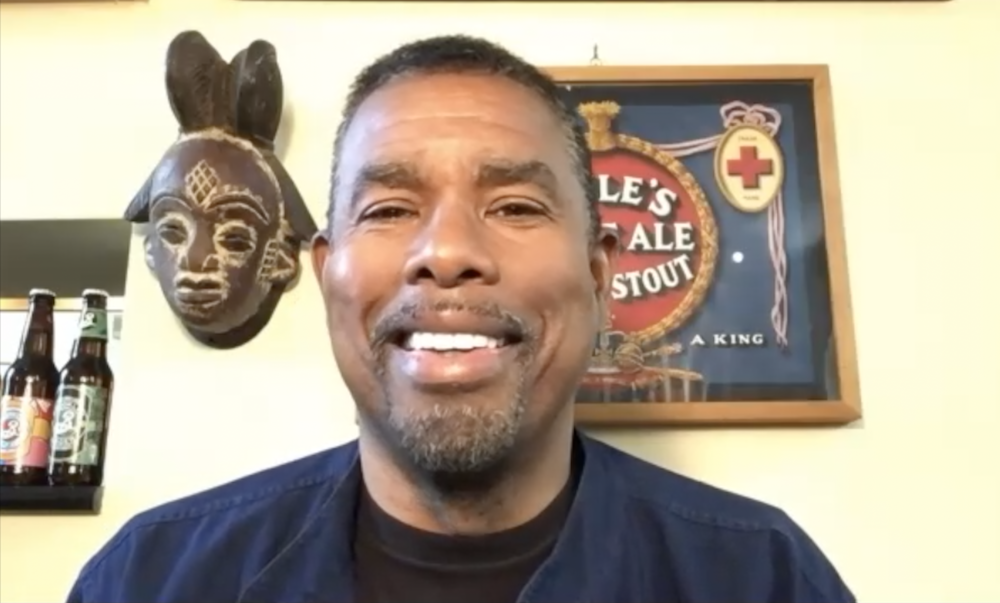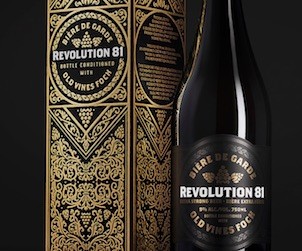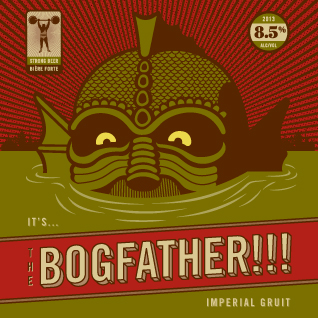To paraphrase the Aretha Franklin song (actually written by Otis Redding), “What you (don’t) want, baby I got.”
As a rule, we don’t get to choose our ailments. Your doctor doesn’t look at your file and say, “Hmm. At your age you should have a few things wrong with you. I won’t ask you to pick from category A. Those are the really bad things. But have a look at category B and category C. B are the things that could kill you if not treated. C are things that are really annoying but won’t kill you. Take a look and pick one from those two categories.”
Medicine doesn’t work like that. You take what you’re given, and you hope it’s not too bad. But the universe is capricious, as you’ve probably observed. I have a friend whose greatest pleasure came from conversation with friends in a pub. Some years ago he suffered a brain mishap that left him with aphasia, and his days of sparkling chat were over. If his doctor had told him, “Look, I can fix the aphasia, but it’ll cost you your right leg,” I imagine he would have accepted the deal, but it’s not an option.
Some years ago I read a piece about a writer – Jimmy Breslin, as I recall – facing surgery for a brain tumour. His surgeon wanted to know what he did for a living so that he could work around the part of the brain that kept him in business. Very considerate. Small wonder he was said to be the best brain surgeon around.
In a perfect world you’d be able to choose your ailments to suit your personality, livelihood, or interests, but that isn’t the world we live in. Bad things happen to good people, and sometimes they happen to me as well. Two-and-a-half decades ago I developed what I call a recalcitrant gullet. It doesn’t happen often, but every now and then my esophagus loses interest in doing its job. Peristalsis – if that’s the word I’m groping for – ceases. Nothing goes down. Well-wishers offer a glass of water, but it doesn’t go down either. Saliva doesn’t go down.
Sometimes this lasts a short time, and occasionally it drags on for hours. It’s the very opposite of fun. Yes, I’ve seen doctors. Gastroscopies? I’ve had five of them, from three different gastroscopists in three different hospitals. I’m thinking of writing a guide. And medications? I’ve taken a number of different pills and tablets, most of which are ironically quite large. What do you do if the tablets you take to help you swallow better are too large to swallow?
My current gastroscopist prescribed a pill that melts in your mouth, which solved that problem. But, life being what it is, something else then came along. Now, if you’re a regular visitor to Good Food Revolution, you don’t want my Recalcitrant Gullet Disorder. It makes you a nervous eater, a slow eater, someone who takes small bites to minimize the risk of food getting caught. But you really don’t want what came next.
Slowly I noticed that food was delivering less flavour than I was used to. We were told, early on in the pandemic, that one of the possible symptoms of the virus was the loss of taste and smell, a full 40% of the known senses, but at the time I’d had no indication of infection. And my sense of smell seemed pretty much intact. I don’t watch television mysteries for nothing, and I channeled my inner toxicologist and sat in a well-lit room with my reading glasses to read the fine-print documentation that came with my most recent drug (something called Prevacid, or Lansoprazole). It was close to the length of War and Peace, but without the jokes. Soon I had located the list of possible side effects, which included arthralgia, belching, nausea, and other unwelcome visitations, but there was something I hadn’t heard of before: dry mouth.
If I were reading this aloud, I’d use my menacing Twilight Zone voice to say ‘dry mouth ‘. I’d use my scary campfire voice and hold a flashlight under my face. Trust me: you Good Food Revolutionaries do not want dry mouth. It comes as advertised: your mouth gets dry. You’re not producing enough saliva. In itself, this is somewhat uncomfortable, but the key thing is that your taste buds decide to take early retirement. They stop being productive members of your body’s workforce. You’ll miss them, believe me.
In his later years, my father went off his food, said that it didn’t have any taste. If I had my life to do over, I’d have probed a bit more into this phenomenon. (There might be one or two other small things I’d change as well, but no matter.) Did he suffer from dry mouth? Have I inherited dry mouth, along with his hairline? I thought he was just being irascible. Now it’s my turn.
It isn’t just the dialed-down sense of taste, though that’s bad enough. There’s some flavour when food first hits tongue, but then it all quickly turns dry, whereupon it’s your job to get chewing. A recent New York Times piece claims that humans spend about 35 minutes a day chewing. I don’t know if it makes me superhuman, but I log almost twice that eating my breakfast cereal. Dinner’s even worse. (Obviously I don’t have time for lunch.) I’m not up there with chimpanzees (4.5 hours a day) and nowhere near the orangutan (a stunning 6.6 hours, which seems almost obsessive). We were all told as children to chew our food properly, but orangutan mothers must be quite overbearing. They probably eat lunch.
My point is that eating isn’t the pleasure it used to be. I remember, when a child, being told that modern science would soon be able to make a pill that, taken once a day, would provide all the nutrients we would need. We’d be able to turn our kitchens into labs, where we could do all the science we’d have time for if we didn’t have to prepare and eat our food. But, as we Good Foodists know, life is more nuanced than that. Food is more than just food, more than just your daily requirements of protein and potassium. If we were in it solely for the vitamins, we’d eat almost nothing but kale.
Obviously as soon as I read that my medication could – and I stress ‘could’ – cause dry mouth (apparently there are hundreds of medications that can provoke it), I stopped taking it. Fat lot of good that did. I had become a person living with dry mouth. It might have been the medication, but dry mouth can also be caused by smoking (not guilty), drinking (well, all right, somewhat guilty), or getting old (I’ll go quietly, officer). The way to avoid dry mouth – or xerostomia, to give it its fancy name – is to swear off smoking and drinking, refusing to take medication, and dying young.
It’s not all bad. Texture still counts. I’ve always been an admirer of the grilled cheese sandwich. They don’t taste as good as they used to, but the texture is terrific – crisp on the outside, warm and cheesy inside.
One effective treatment I’ve found is the infusion of a chilled, effervescent beverage. Champagne would almost certainly work, but for me (and my budget) beer does a good job of cutting through the murk of my oral cavity. I can still taste beer; as a beer writer, I see that as a good thing. That said, I was approached a few months ago about doing some beer judging. I waffled and excused myself, but the sad fact is that I no longer trust my taste buds.
I suppose I should be happy that I’ve never considered myself a gourmet. My heart did not crack when I read that Noma in Copenhagen was closing. I’ve always enjoyed my food, but my tastes are not sophisticated. I was born in England, so I’ve always had a taste for pies of almost any sort. I’ve long thought that if, through whatever circumstances, I wound up on Death Row and was offered my last meal, I’d request a nice English steak-and-kidney pudding. It’s like a steak-and-kidney pie, only even nicer. Apart from being utterly delicious, it takes a fairly long time to prepare, after which it would take me a long time to chew. This allows for plenty of time for the call from the governor with my reprieve. With my luck, the prison chef would refuse to make it because, with my elevated cholesterol readings, a steak-and-kidney pudding could kill me. I understand they have strict rules about that on Death Row.

